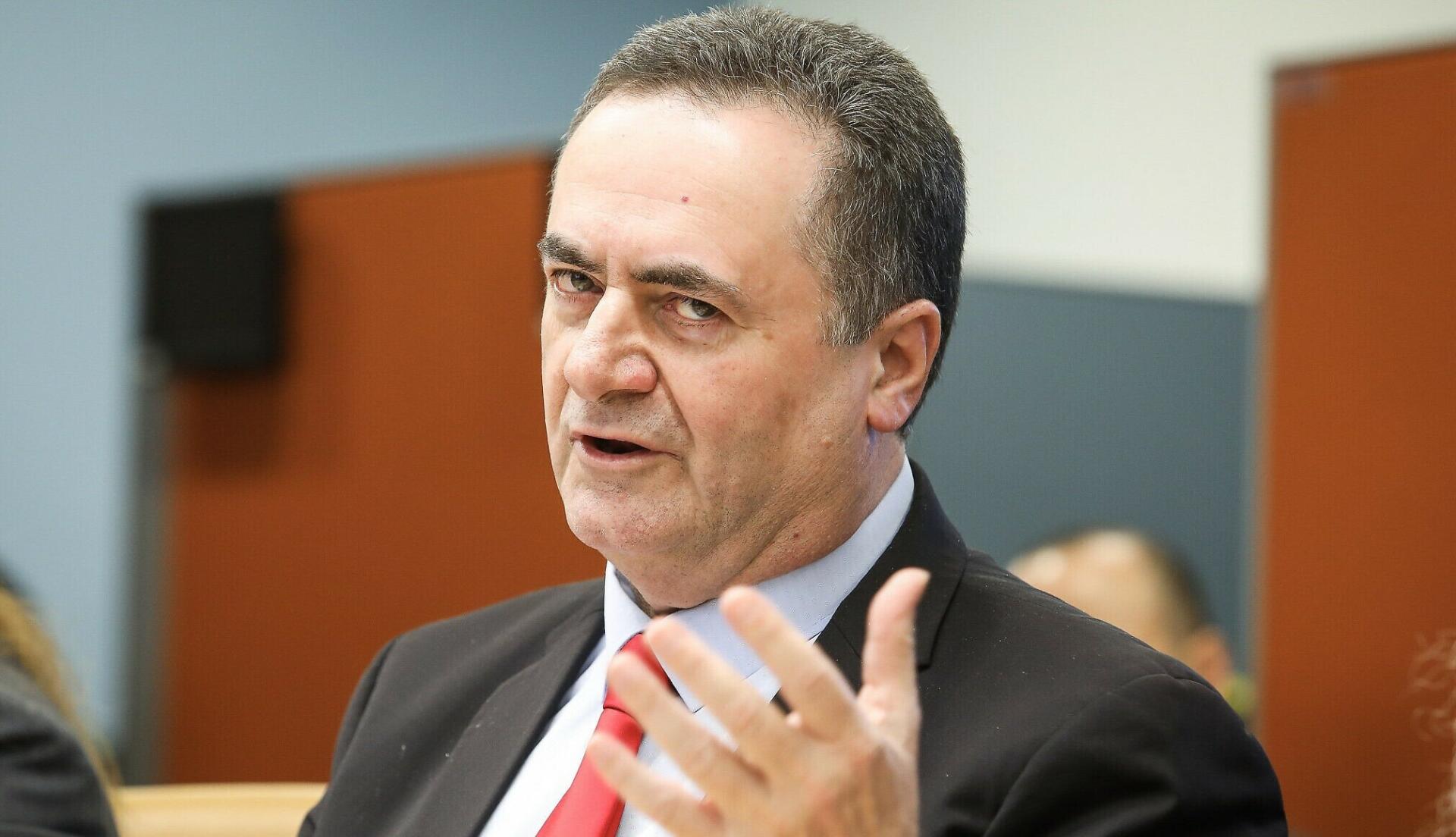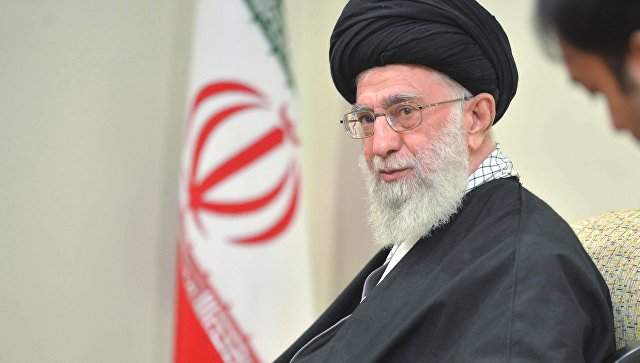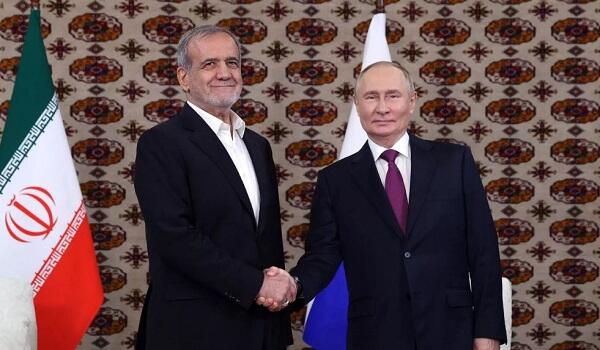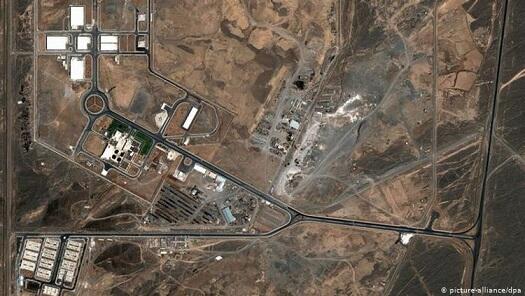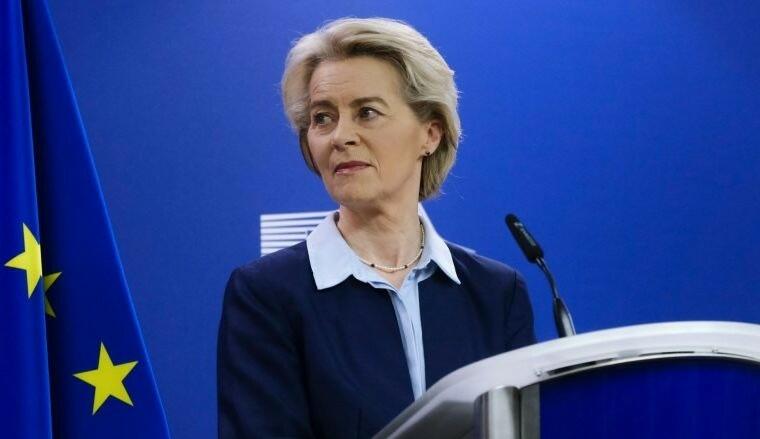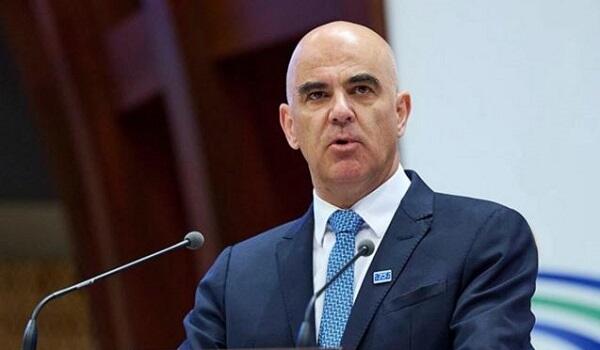Friedrich Merz, leader of Germany’s conservative Christian Democratic Union (CDU), failed in a historic first-round vote to become chancellor, missing the required majority in the Bundestag by just six votes.
Axar.az, citing CNN, reports that this marks the first time since World War II that a chancellor candidate hasn't secured victory on the initial ballot.
Despite his coalition holding 328 seats, Merz only received 310 votes, casting uncertainty over the next steps.
The Bundestag has 14 days to elect a chancellor by an absolute majority; otherwise, the president can appoint the leading candidate or call new elections.
Merz seeks to succeed Olaf Scholz, whose government collapsed last year.
The next chancellor will face critical challenges, including Germany's stagnant economy, migration policy, the rise of the far-right AfD party, the war in Ukraine, and strained U.S.-EU trade relations under the Trump administration.
The AfD, now officially labeled a “right-wing extremist” group by Germany’s domestic intelligence agency, is under increased surveillance. U.S. officials like Marco Rubio and JD Vance criticized the move, but Germany defended its stance.
Merz’s coalition includes the CDU, its Bavarian sister party CSU, and the center-left SPD.
Their shared agenda targets economic revitalization, defense investment, stricter migration control, and overdue modernization. Despite the defeat, Merz could run again within the next two weeks, but alternative candidates may also emerge.




